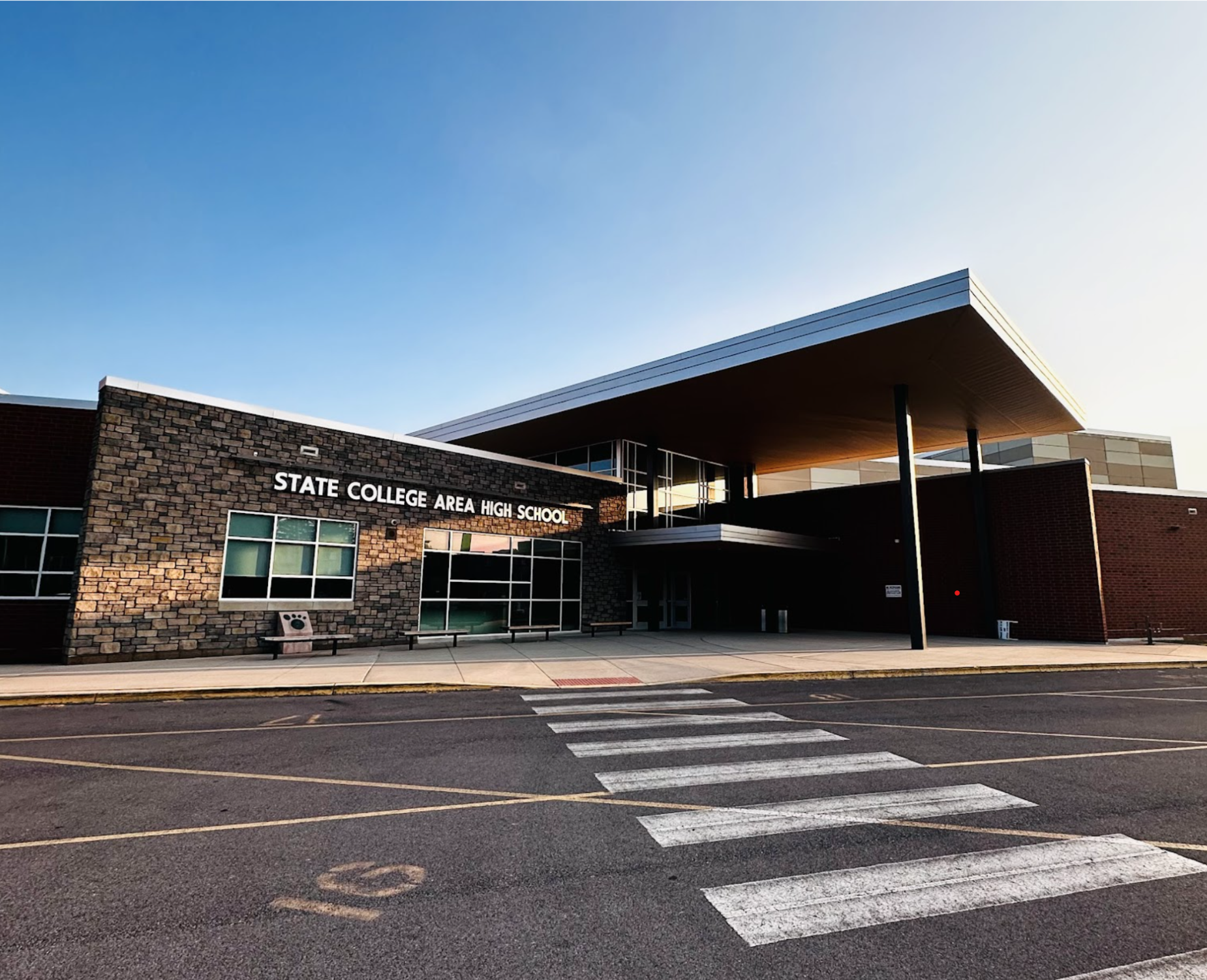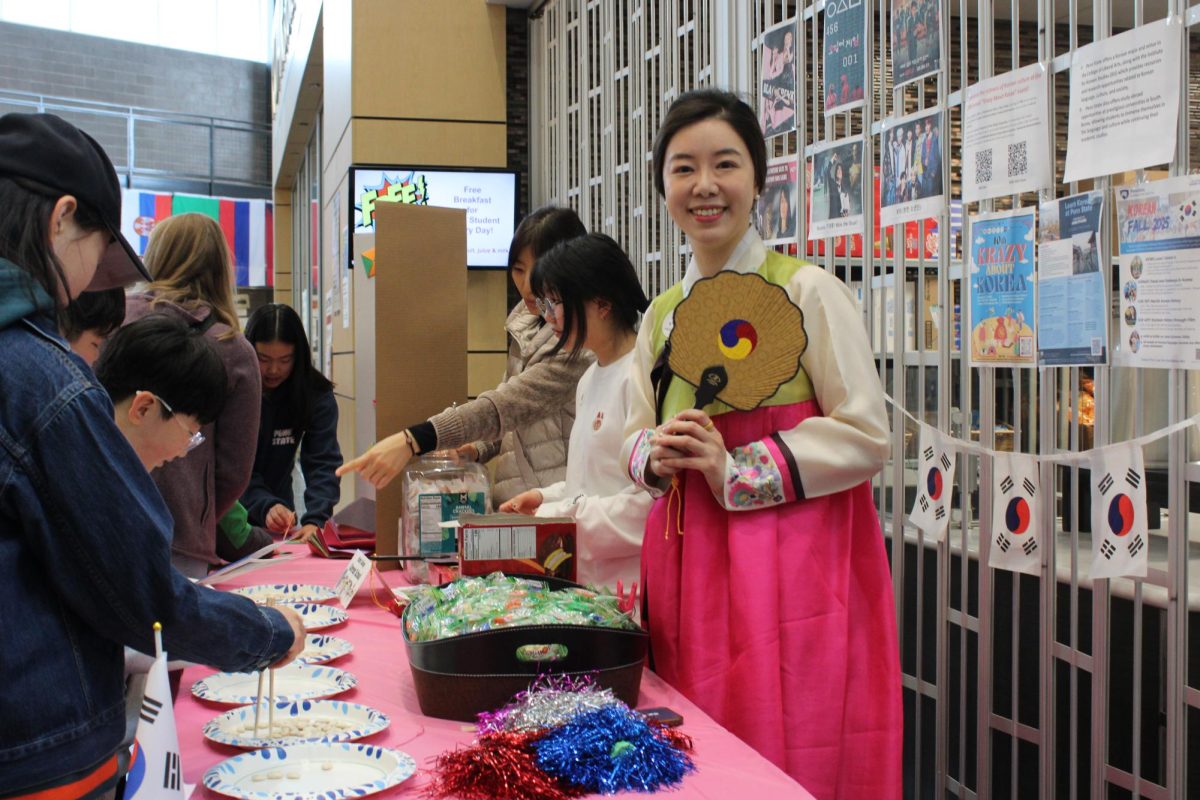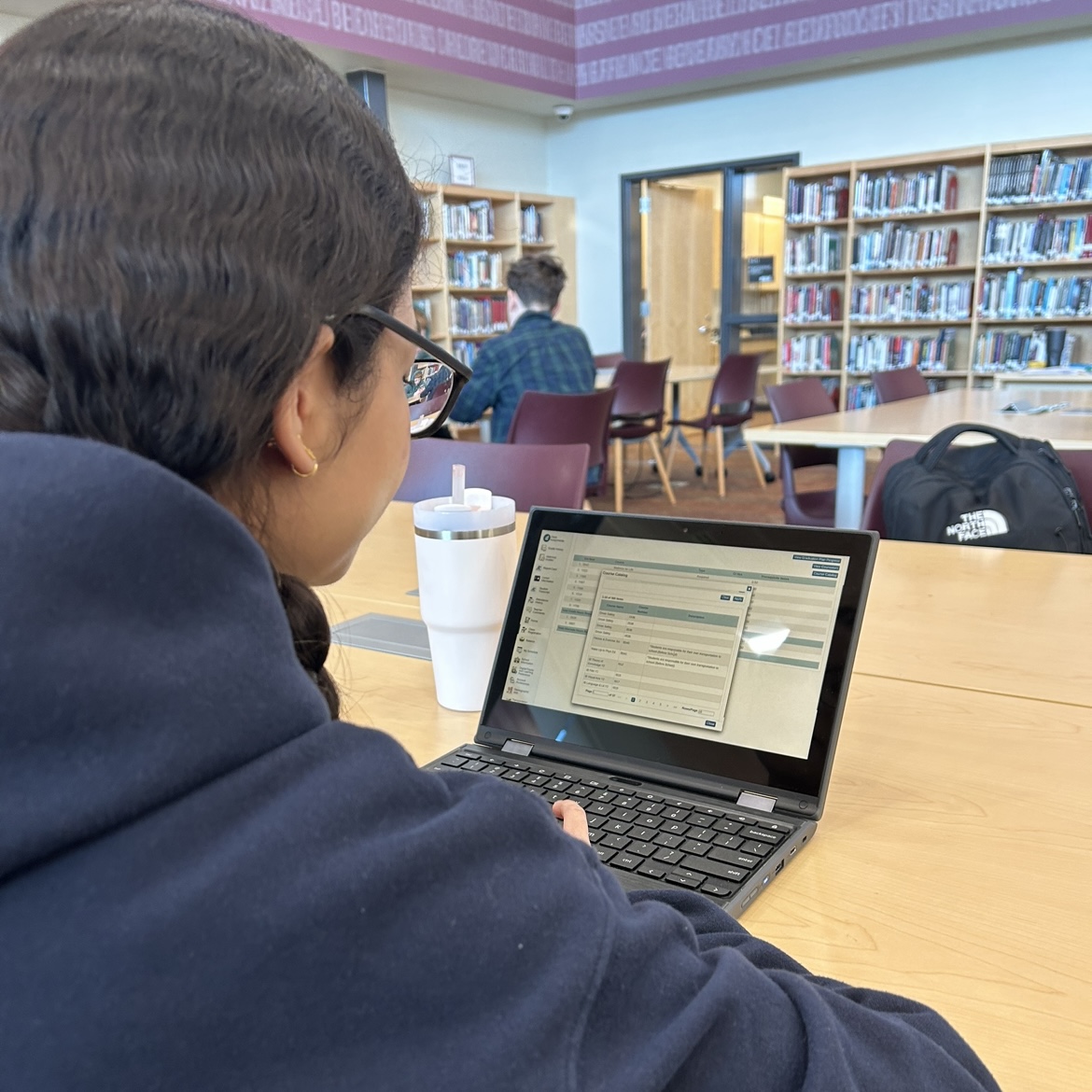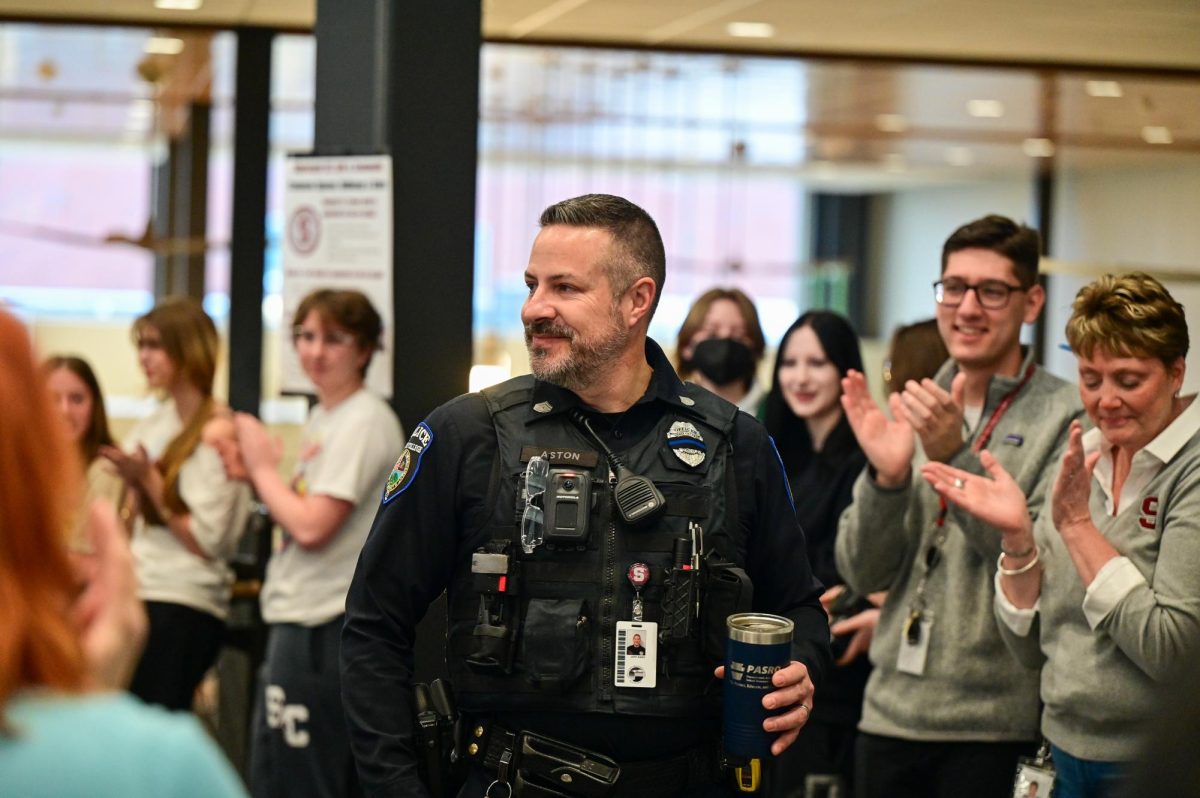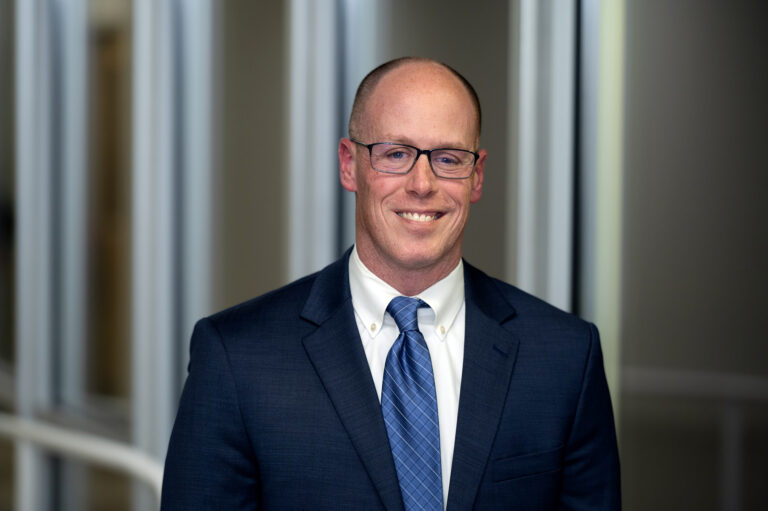During a school board meeting on Sept. 30, discussion began on the potential discontinuation of State High’s International Baccalaureate (IB) program due to low enrollment in its Diploma Programme.
Launched at State High in 2019, the IB Program offers rigorous, 2-year courses that enhance critical thinking and global awareness, including unique classes like world religions, film, business management, and theory of knowledge (TOK).
Students can choose to take either the full two-year Diploma Programme, or they can choose to take individual IB classes “á la carte” without having to earn the diploma.
“The goal…was to have a different kind of opportunity available for students, something different than strictly AP or…the CTC [Career and Technical Center],” Dr. Amy Bader, SCASD’s school board president, said.
However, the program has faced challenges due to the COVID-19 pandemic, which initially hindered marketing to younger students. “I think now there’s been an opportunity to reassess what participation’s been like,” Bader said.
While enrollment in á la carte classes has risen significantly since COVID-19, exceeding expectations in many aspects, enrollment in the full-fledged Diploma Programme has stalled. Each year, an average of 10-12 students per grade enroll—or 20-25 students combined—which is much lower than desired.
Presented at the Sept. 30 meeting, these findings led to a discussion on whether investing in IB still aligns with student interests and district priorities. Associate Principal Brett Wilson, Head of IB at State High, stressed the reason for the consideration.
“It’s not solely about budget cuts. It’s about looking at…the number of kids taking advantage of a program and using a program compared to how much that program costs,” Wilson said.
If discontinued, funds from the IB program could be redirected to critical district initiatives such as hiring more teachers, or to help address mental health concerns within the district.
The program itself would be gradually phased out, allowing juniors and seniors currently enrolled to complete their studies, and current sophomores would likely only have the option to take one-year, standard-level IB courses á la carte.
No decision has been made yet, however, and the school board is committed to engaging in more conversations with stakeholders such as teachers, parents, IB alumni, and current IB students, many of whom spoke at the board meeting, underscoring IB’s impact on student’s personal and academic growth.
“Whenever [the board is] making big decisions like adding or subtracting a program, there’s a variety of stakeholders…[we think] are really important to listen to,” Bader said.
Even those who didn’t testify at the board meeting care deeply about the future of the program at State High.
“I’d say it holds just as much value for future students as it does current ones,” Isaac Poole, a current IB Diploma student in 11th grade, said. “Coming in I didn’t know a lot about it, but as the first couple months passed I’ve come to love it because of the bonds I’ve created…it’s helping us become better learners and people.”
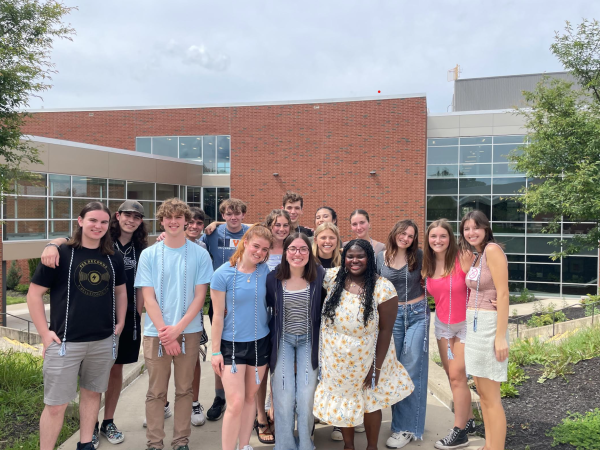
Dr. Jennifer Schreiber, who oversees IB as its Program Coordinator at State High while also teaching its core TOK course, emphasized that while the full diploma cohort remains stable, the notable growth in students enrolling in IB classes “á la carte” is evidence that a desire for IB classes is still emerging.
“When we started out, we only had one section of IB English,” she said. “And now we have a total of seven sections of IB English.”
Schreiber believes if the school does choose to keep IB for the foreseeable future, spreading broader awareness about the program is a necessity.
“I think we need to have more conversations with parents and really let the community know about this option, which I still think is so new that a lot of people don’t even know we have a program here.”
Looking ahead, the school board is actively seeking community input through upcoming school board forums, the next of which are on November 4 and 18, and encourages communicating with school officials to articulate thoughts about the potential change.
“I think the experiences that former students and their families have shared are impactful,” Schreiber said. “So I’m going to be hopeful that it makes a difference.”
At this point, no decision is expected to be made by the board until later in 2024, after administrators have had time to review as much information as they can.
Schreiber notes that the IB program still has a great group of students who still deserve her and her fellow IB teachers’ best. “[We] come to school every day with [them] as our focus,” she said. “And we’ll keep working for those students no matter what.”
The future of the IB program extends far beyond enrollment numbers and budgets; it embodies a shared vision for educational opportunities that can benefit students who may struggle in traditional settings. While challenges remain, community support and awareness could play a crucial role in the program’s potential to remain and thrive at State High in the coming years.


